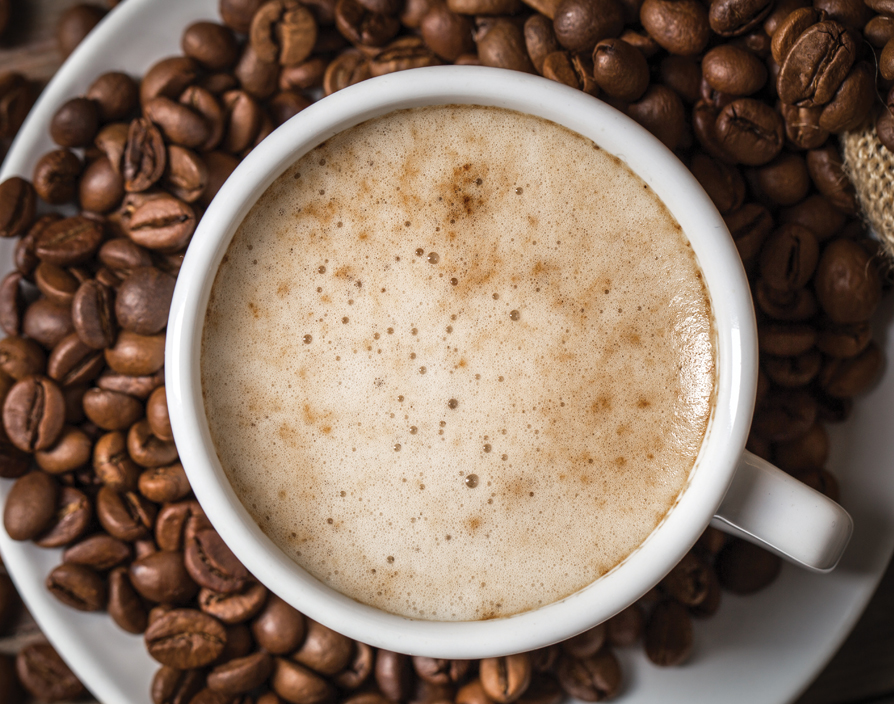From baristas serving up steaming cappuccinos to franchisees selling lattes out of vans, there certainly seem to be plenty of opportunities to make a killing peddling coffee in the UK. “We’ve seen an explosion in coffee shops,” says Carl Reader, affiliate forum chairman of the bfa, author of The Franchising Handbook and director at Selling a Franchise, the franchise-purchasing website. And the numbers back him up: Allegra World Coffee Portal, the consultancy researching the global coffee industry, recently estimated that coffee shops are poised to outnumber pubs by 2030, effectively making them the new local. And this trend has been spearheaded by franchises. “They’ve changed the public expectation from paying 50p or £1 for coffee served in a really small cup to a £4 experience,” says Reader.
However, franchises like Starbucks and Costa Coffee would have been unable to transform the UK’s dietary preferences if the market hadn’t been ripe for disruption in the 1990s. “If you’d swung by a traditional café back then your options would’ve been between tea and bad-tasting instant coffee,” says Reader. Coffee does have a long history on these shores with the first coffee house opening as early as 1651. Nevertheless, tea became the warm brew of choice because few colonies occupied by the British Empire could grow the beans. This left Britons with a poorer coffee culture than the ones enjoyed by their neighbours on the continent. Fortunately, it also provided the perfect opportunity for franchises to deliver the shot of creativity that would wake up the market. “Costa in particular deserves a lot of credit for changing this,” says Reader. “The way it franchised allowed Costa to open lots of stores with revolutionary, great-tasting coffee fast and quickly build massive brand awareness.”
And it’s not difficult to see why these shops became so popular. “There are a lot of reasons why it happened,” says Jeffrey Young, managing director of Allegra World Coffee Portal. “Coffee bars created an extension of people’s homes where – thanks to mobile phones and laptops – people increasingly chose to hang out and work.” He’s hardly the only one pointing out coffee shops’ rise as social venues. Back in 2014, Andy Harrison, then-CEO of Costa-owner Whitbread, stated that the java boom was caused by women having more spending power and that they’d rather socialise over a latte than spend time in male-dominated pubs. Another reason could be that modern coffee houses actually provide a better bang for your buck. “People may feel a bit ripped off when they have to pay £2 for a cup of warm water and bag of tea when they could get a hand-crafted latte from a barista,” says Young. “Tea may still be a national treasure but there has definitely been a migration from tea to coffee.”

Eric Johansson
As web editor and resident Viking, Johansson ensures Elite Franchise is filled with engaging and eclectic entrepreneurial stories. While one of our most prolific franchise writers, he has sharpened his editorial teeth by writing about entertainment and fitness. Follow him on Twitter at @EricJohanssonLJ to catch up with his stream of consciousness.

Eric Johansson
As web editor and resident Viking, Johansson ensures Elite Franchise is filled with engaging and eclectic entrepreneurial stories. While one of our most prolific franchise writers, he has sharpened his editorial teeth by writing about entertainment and fitness. Follow him on Twitter at @EricJohanssonLJ to catch up with his stream of consciousness.
































